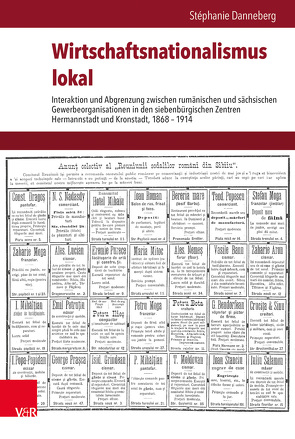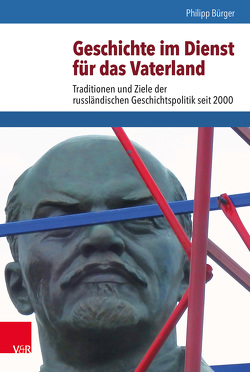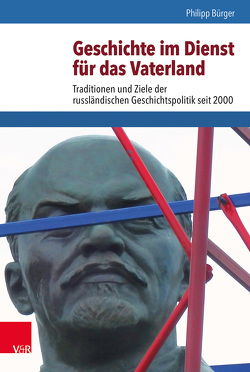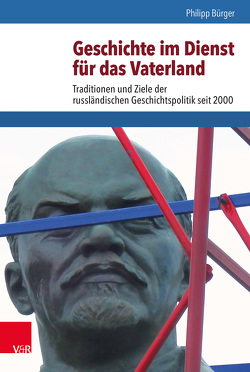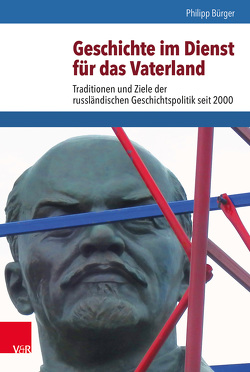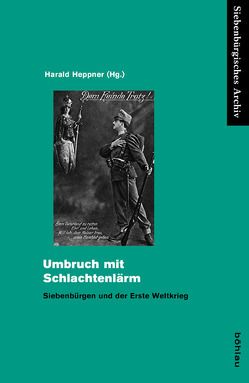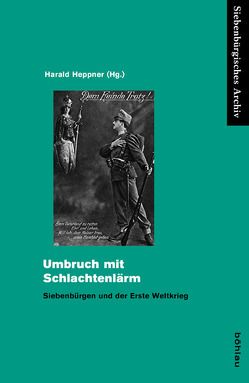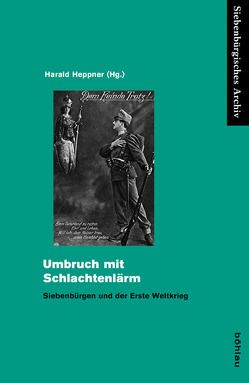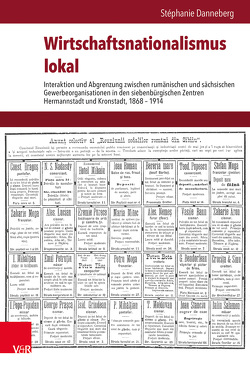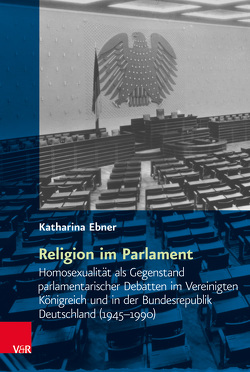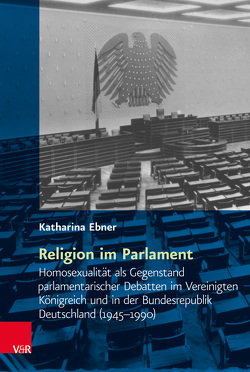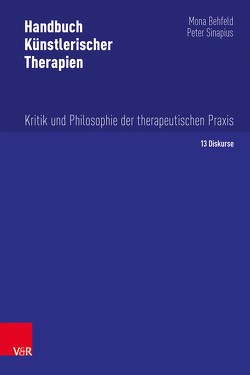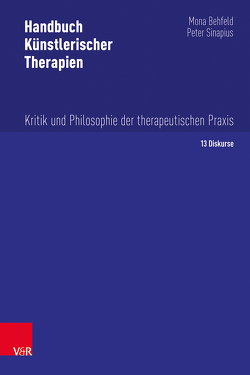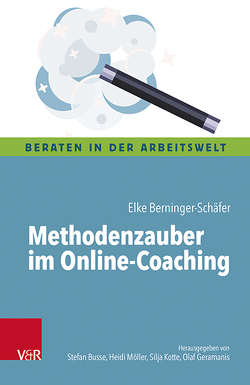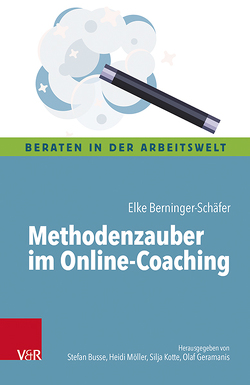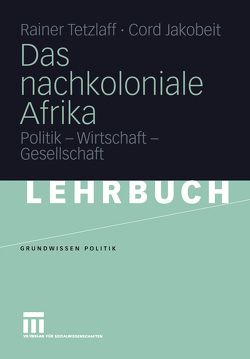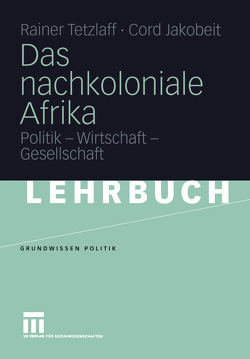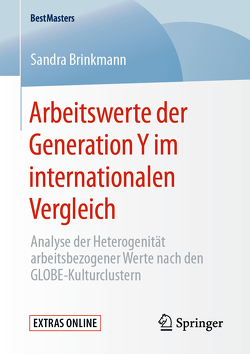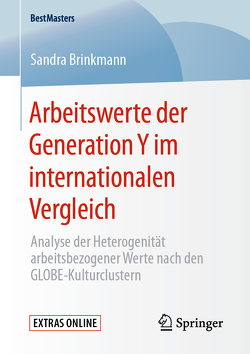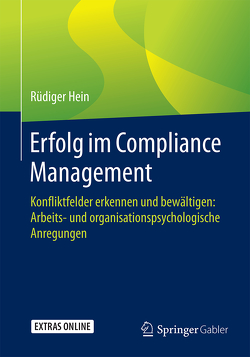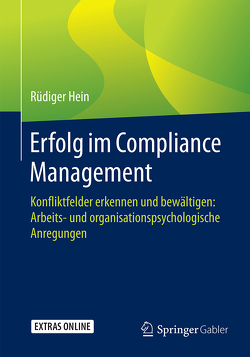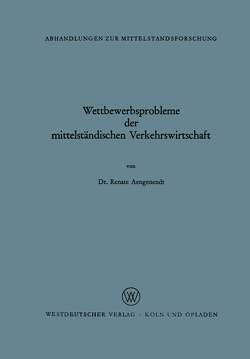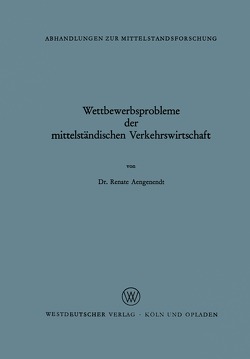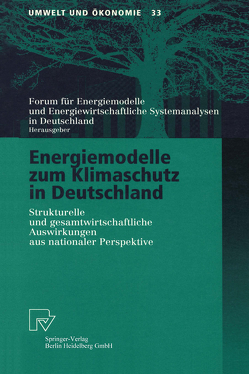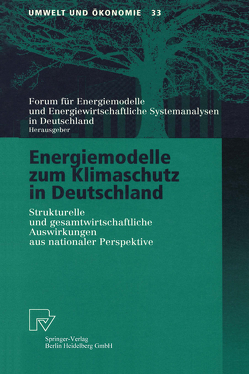Wirtschaftsnationalismus lokal
Interaktion und Abgrenzung zwischen rumänischen und sächsischen Gewerbeorganisationen in den siebenbürgischen Zentren Hermannstadt und Kronstadt, 1868–1914
Ulf Brunnbauer, Stéphanie Danneberg, Martin Schulze Wessel
The thesis analyses how, on the local level, Transylvanian Saxons and Romanians acted economic-nationalistically in the Habsburg Monarchy during the Austro-Hungarian Compromise period (1868–1914). The Saxons and Romanians were just like other political non-dominant ethnic groups inside the Habsburg Empire economically self-organized along national lines: within trade-associations, cooperatives and independent banks. The thesis asks for the arrangement of the relationship between Transylvanian Saxons and Romanians, always closely linked to the relationship between these »nationalities« and the Magyar »titular nation« in the Transylvanian centers Sibiu/Hermannstadt and Brasov/Kronstadt.The study makes an important contribution to both East-Central European economic nationalism and to the understanding of the relationship between the different population groups in ethnically, linguistically and religiously heterogeneous Transylvania. To what extent did defensive behaviours to the policy of magyarization or the effort involved in the compensation for the Budapest’s economic policy that was perceived as insufficient, effect exchanges between Transylvanian Saxons and Romanians? Were there any fields or situations in which the economic welfare or sociability united population groups that were otherwise separated by ethnicity? Danneberg’s micro-historical study which critically examines the coexistence in the multi-ethnic Transylvania is impressive.
